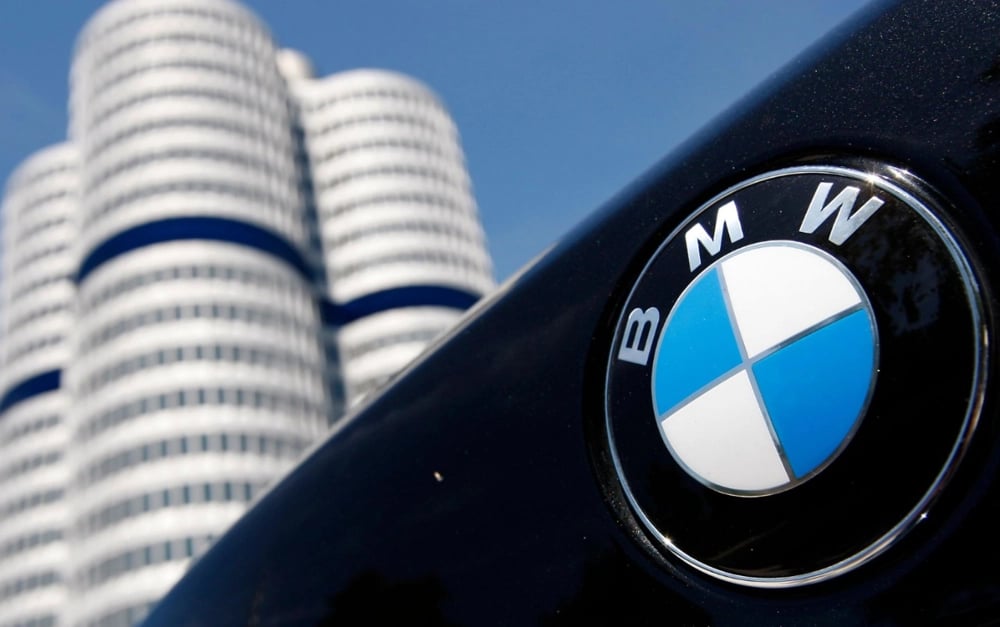Impact of China’s Rare Earth Export Controls on the Global Auto Industry
Major automotive manufacturers across the US and Europe have raised concerns after Beijing imposed new restrictions on the export of rare earth elements. These regulatory measures threaten to disrupt the intricate supply chains underpinning global vehicle production, with direct implications for both electric and internal combustion engine segments.
Reactions from Key Automakers
Automotive leaders such as Mercedes-Benz Group AG $MBGYY and BMW AG $BMW.DE have started proactive dialogues with supply partners. Their focus has shifted to preventing shortages in essential components containing rare earths, with Mercedes-Benz reportedly assessing the creation of inventory reserves for critical materials to mitigate future risks.
Meanwhile, Ford Motor Co. $F highlights operational delays tied to the additional approval steps required by Chinese authorities for rare earth exports. The automaker also points to an uptick in logistics expenses, compounding the complexity of an already interdependent global procurement system. Ford’s CFO Sherry House characterized the new environment as a considerable pressure on the industry’s highly coordinated structure during her appearance at the UBS Automotive Conference in New York.

Key Factors Shaping the New Supply Landscape
Extended approval procedures for rare earth shipments, causing manufacturing delays for automakers;
Rising freight costs due to evolving administrative requirements and rerouted logistics;
Strategic stockpiling initiatives by major companies such as Mercedes-Benz in response to market uncertainty;
Increased frequency of supply chain negotiations between vehicle manufacturers and tier-one component suppliers;
Heightened focus on regional diversification of rare earth sourcing, particularly among US and European firms.
Strategic Implications for the Automotive Sector
The shift in Chinese export regulations coincides with surging demand for electrified vehicle technologies, making rare earth metals—including neodymium, dysprosium, and praseodymium—crucial for next-generation powertrains. Restrictions have ignited efforts within the transatlantic automotive industry to diversify procurement strategies and explore alternative supply channels outside Asia. Some manufacturers are expediting in-house research to identify substitute materials or new magnetic technologies, aiming to reduce exposure to market volatility linked to China’s industrial policy moves.

Outlook for Supply Chain Resilience
Short- to medium-term prospects suggest that global automakers will intensify dialogue with existing and potential partners, aiming to enhance inventory buffers and safeguard continuity of high-value production lines. The situation underscores the automotive sector’s vulnerability to geopolitical dynamics and highlights the strategic importance of establishing resilient materials supply chains in an increasingly polarized trade environment.















Comments
This move could make car production even more unpredictable worldwide.
China’s rare earth restrictions could send shockwaves through the entire auto industry supply chain.